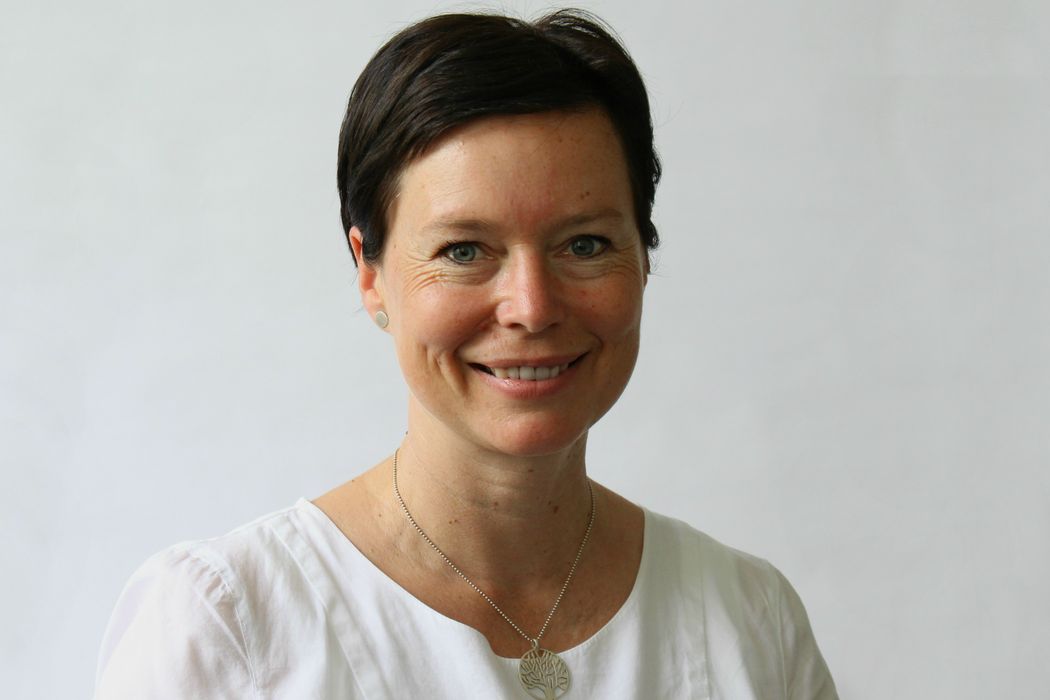Cologne: Malteser International is using World Humanitarian Day on August 19 to draw attention to the need for humanitarian aid to be coupled with action to tackle the root causes of crises and conflicts. “Humanitarian action is at a record level. From its original function as an emergency intervention, it has become part of the normal state of affairs in some parts of the world. If nothing is done to remove the causes of conflict, there is a real danger that this pattern could become an endless cycle,” said Sid Johann Peruvemba, Vice Secretary General of Malteser International. “Humanitarian aid relieves suffering. But in the worst-case scenario, this means it can also be perceived as relieving some of the pressure for political action to end the causes of that suffering. Even though politically everything may be at a standstill, humanitarian aid can still be relied on to temper the worst excesses of a crisis.”
Most conflicts have their roots in social inequality and poor government by corrupt and power-hungry elites. It is therefore essential that as well as providing neutral and impartial aid, humanitarian organizations keep the importance of encouraging social justice high up on their agenda. “We need both humanitarian aid that relieves suffering for people in need as well as development policy that works against inequality and promotes good government,” said Peruvemba. “Strengthening civil society and local actors is one of the most important components of good and future focused aid,” said Peruvemba. “This is one of the foundations of civil crisis prevention, which is an important instrument for avoiding conflicts.” Sensitive planning of aid measures in conflict situations is essential to help prevent them from having unintended negative consequences.
In the first six months of 2016, Malteser International provided emergency relief for more than 82,000 people – providing them with food, hygiene articles, clothing or blankets; and provided emergency shelters for thousands of refugees and displaced people, as well as those affected by natural disasters. In the same period, Malteser International was able to give around 85,000 people access to clean drinking water.
World Humanitarian Day on August 19 commemorates humanitarian aid workers that risk their lives professionally or as volunteers in order to help others.
For editors: Sid Peruvemba, Malteser International's Vice Secretary General, is available for interviews.
Contact: Tel.: +49 (0)221 9822 155, katharina.kiecol(at)malteser-international.org
Please help support our work to help people in need around the world:









